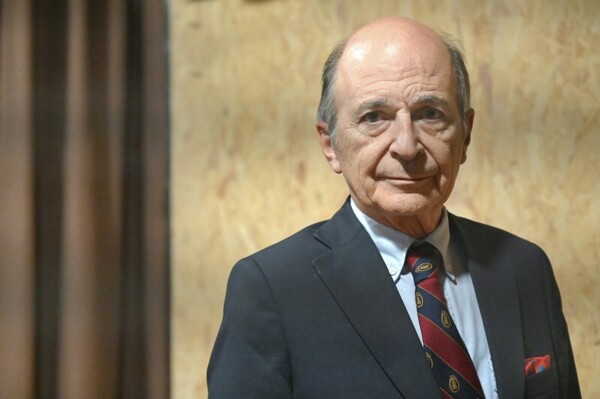
Antonio Guterres, Secretary-General of the United Nations, expressed concern at the annual meeting of the World Economic Forum in Davos in 2025 regarding two emerging global threats - the unregulated spread of artificial intelligence and the climate crisis. He noted that these challenges represent unprecedented threats to humanity and require immediate and collective action from governments and the private sector.
In the context of artificial intelligence, Guterres acknowledged its enormous potential but warned about the risks associated with its unchecked use, referring to the Global Digital Compact adopted in the UN as a roadmap for responsible use of digital technologies.
Guterres urged the private sector not to step back from its climate obligations and also called on governments to fulfill commitments to developing new national climate plans at the economic level this year.
Pedro Sánchez, Prime Minister of Spain, called for the regulation and reform of social networks across the European Union to combat disinformation and electronic manipulation, and also expressed support for better compliance with the Law on electronic services and the expansion of the full functionality of the European Transparency Center.
The President of the Democratic Republic of Congo, Félix Antoine Tshisekedi, announced the creation of the largest reserve of tropical forests in the world, which will protect over 550 thousand square kilometers of forest throughout the Congo Basin. He stated that this unprecedented historical initiative will contribute not only to preserving our natural landscapes but also to the livelihoods of millions of our citizens, emphasizing that the initiative includes economic development.
As the chair of the Association of Southeast Asian Nations, Malaysia's Prime Minister Anwar Ibrahim expressed optimism about the future of the 10-nation alliance and Malaysia's role within it. He highlighted the unique spirit of teamwork and collaboration among the leaders of the association, noting the significant contribution of regional cooperation in establishing Malaysia as a high-tech production hub.














